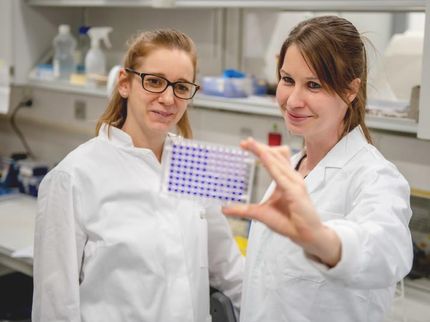AOP Orphan Pharmaceuticals Announces Progress of Pivotal Phase III Trial for Ropeginterferon ALFA 2B
AOP Orphan Pharmaceuticals AG reported the completion of recruitment for its phase III trial PROUD-PV to support global licensure of Ropeginterferon alfa 2b (AOP2014/P1101), a long-acting, mono-pegylated interferon for the treatment of Polycythemia Vera (PV). Importantly, Ropeginterferon alfa 2b is administered only every other week. After achieving therapy response, administration frequency may be further extended to monthly intervals. Ultimately, this is expected to result in improved tolerability, convenience and compliance and, as a consequence, better long-term treatment outcomes.
AOP Orphan has exclusively licensed, Ropeginterferon alfa 2b for development and commercialization in the field of Myeloproliferative Neoplasms (MPNs) from Pharmaessentia Corp. a biotech company based in Taiwan for European, CIS, and Middle Eastern markets. Pharmaessentia retains the rights for development and commercialization of P1101 in other major markets, such as North America, Asia, and South America.
Based on very encouraging phase I/II data (see below), AOP Orphan has set up the pivotal phase III trial PROUD-PV. Design and endpoints of this trial have been discussed and agreed with both the European Medicines Agency EMA and the U.S. FDA, to support global licensure of Ropeginterferon alfa 2b, which also has Orphan Drug status in both Europe and the USA.
Since its commencement in October 2013 over 260 PV patients have been recruited in 50 centers all across Europe. Enrollment of patients has been successfully completed in February 2015. Patients are either treated with Ropeginterferon alfa 2b, or hydroxyurea, which is a registered treatment for PV for one year. Throughout the trial, a number of clinical and hematological parameters are assessed. Treatment with Ropeginterferon alfa 2b is expected to be safe and effective in the majority of patients and to be superior to hydroxyurea.
“We already know from several smaller studies that interferons work effectively against myeloproliferative diseases”, remarked both Professors Jean-Jacques Kiladjian from Paris and Heinz Gisslinger from Vienna.
Most read news
Other news from the department research and development

Get the life science industry in your inbox
By submitting this form you agree that LUMITOS AG will send you the newsletter(s) selected above by email. Your data will not be passed on to third parties. Your data will be stored and processed in accordance with our data protection regulations. LUMITOS may contact you by email for the purpose of advertising or market and opinion surveys. You can revoke your consent at any time without giving reasons to LUMITOS AG, Ernst-Augustin-Str. 2, 12489 Berlin, Germany or by e-mail at revoke@lumitos.com with effect for the future. In addition, each email contains a link to unsubscribe from the corresponding newsletter.





















































